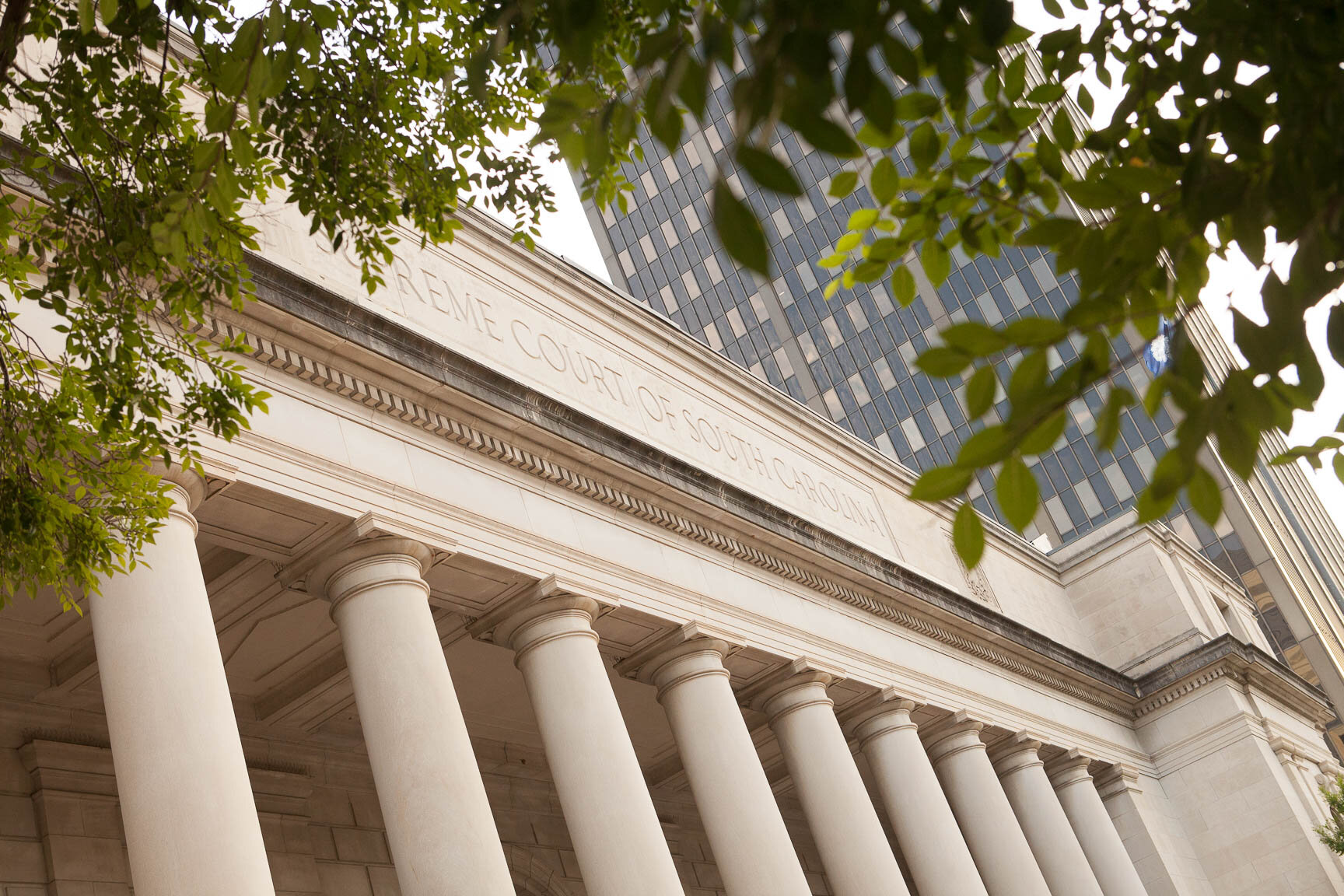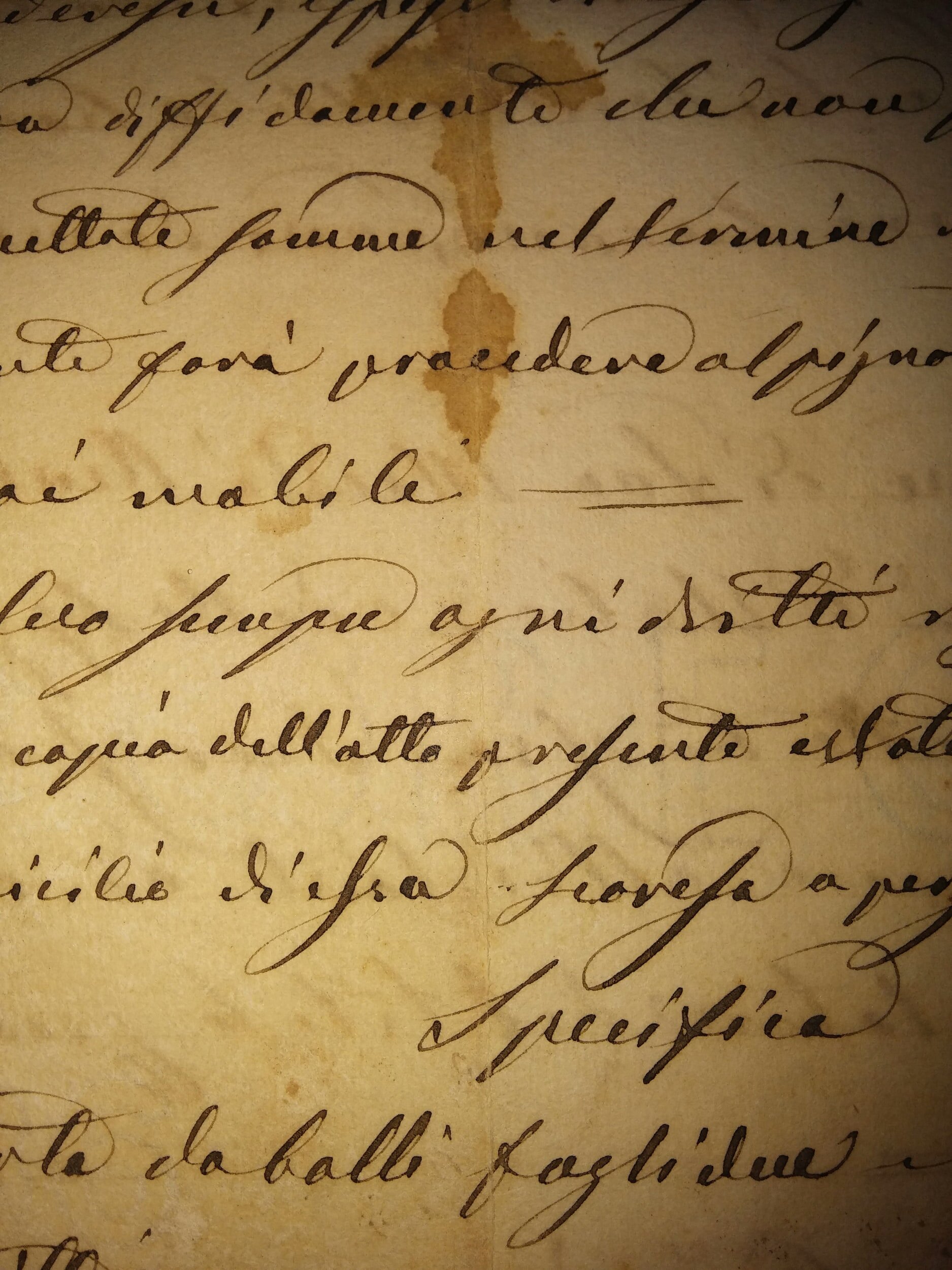
Significant Decisions of
the SC Supreme Court
-
Tyger River Pine Co. v. Maryland Casualty Co.
170 S.C. 286, 170 S.E. 346 (S.C. 1933)
Insurers Found Liable for Bad Faith Refusal to Pay
The Court’s decision established the Tyger River Doctrine allowing an insured to recover damages against an insurer for a bad faith refusal to settle a claim within policy limits. -
Hearon v. Calus
178 S.C. 381, 183 S.E. 13 (S.C. 1935)
The Court Restrains a Governor’s Efforts to Take Control of the Highway Department
The Supreme Court restrained six defendants, who had been named highway managers by Governor Olin Johnston, from functioning as the State Highway Department. On October 28, Governor Johnston had sought to wrest oversight of the highways away from the legislatively supported commissioners by declaring a state of rebellion and insurrection. He ordered the militia to take control of the state highways, while also suspending the writ of habeas corpus for anyone violating his order. The six defendants had taken control of the Highway Commission offices pursuant to his orders. The court held it could not interfere with” the discretion of the Governor to determine the existence of insurrection” but that it could review the acts of the Governor “after the declaration of a state of insurrection, which are in excess of his constitutional and legislative authority.” The Court then found that the “use of the militia to take possession, under the muzzles of machine guns and rifles, of the offices of plaintiffs as state highway commissioners is without authority and is in excess of his constitutional power." -
Ravenel v. Dekle
265 S.C. 364, 218 S.E.2d 521 (1975)
1975 Democratic Gubernatorial Nominee Ruled Ineligible
Six weeks before the 1974 general election, the Supreme Court heard in its original jurisdiction the case of Ravenel v. Dekle, challenging the qualifications of Democratic nominee Charles D. Ravenel to serve as Governor. The Court ruled the same day that Ravenel did not meet the residency requirement for the office. The Democratic Party then selected Congressman William Jennings Bryan Dorn to replace Ravenel on the Democratic ticket, but Dorn lost the election to Republican James B. Edwards, who thereby became the first Republican governor since Reconstruction. The written opinion was not issued until after the following year. -
McCall by Andrews v. Batson
285 S.C. 243, 329 S.E.2d 741 (S.C. 1984)
Common-Law Sovereign Immunity Abrogated
The court prospectively abolished the common law doctrine of sovereign immunity in most cases. The abrogation of the common-law doctrine was to be phased in through July 1, 1986. The legislature responded by passing the 1986 Torts Claims Act, restoring sovereign immunity in certain cases. -
Nelson v. Concrete Supply Co.
303 S.C. 243, 399 S.E.2d 783 (1991)
South Carolina Adopts Comparative Negligence Prospectively
In dicta, the South Carolina Supreme Court adopted the doctrine of comparative negligence in all negligence actions arising after July 1, 1991, replacing the common-law rule that had long recognized contributory negligence as a total bar to recovery in most instances. The Court six years earlier had rebuffed an effort by the Court of Appeals to adopt a similar change, holding that the common-law rule could be changed only the legislature or Supreme Court. -
Joytime Distributors and Amusement Co., Inc., v. South Carolina
338 S.C. 634, 528 S.E.2d 647 (1999)
The Demise of Video Poker
Acting in its original jurisdiction, the Supreme Court invalidated a referendum on video poker, but allowed a sunset provision on the legal authorization of video poker to stand. The ruling effectively ended legalized video poker in South Carolina.

Want to see a specific decision listed here? Nominate one or more decisions by clicking below and completing a brief form that includes the name of the case, its citation, and a few sentences explaining why you consider the decision to be an important or influential decision of the Court.
“All else must give way to the search for truth which is the core of the law.”
— CJ Jean Hoefer Toal, State of the Judiciary Address to Joint Session of the General Assembly, March 6, 2002
